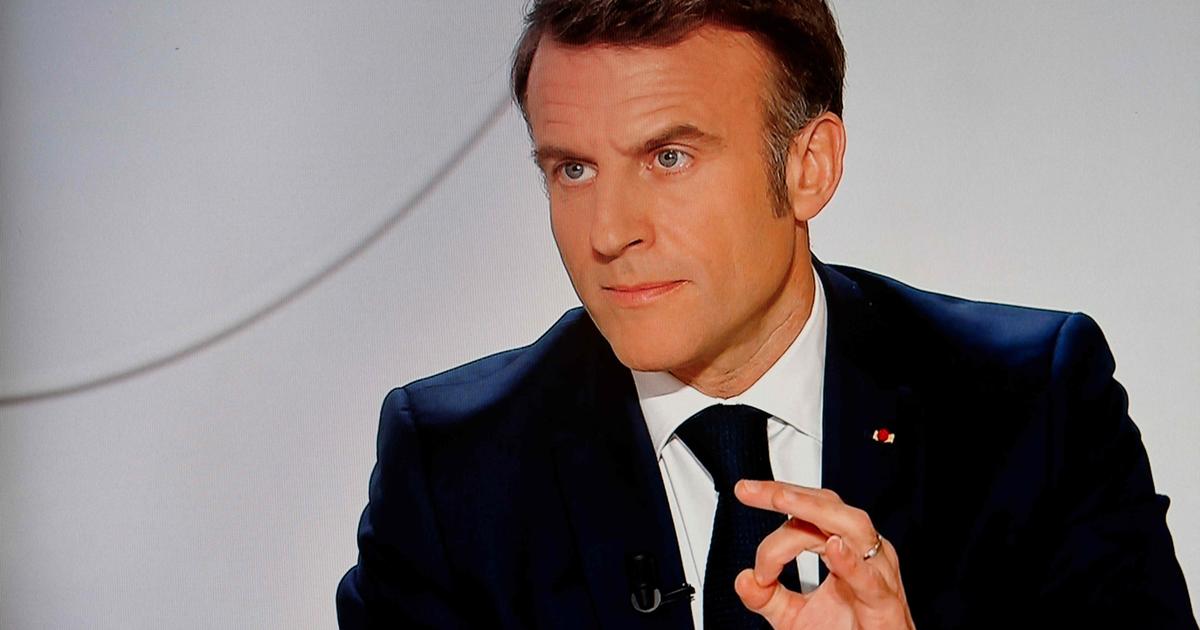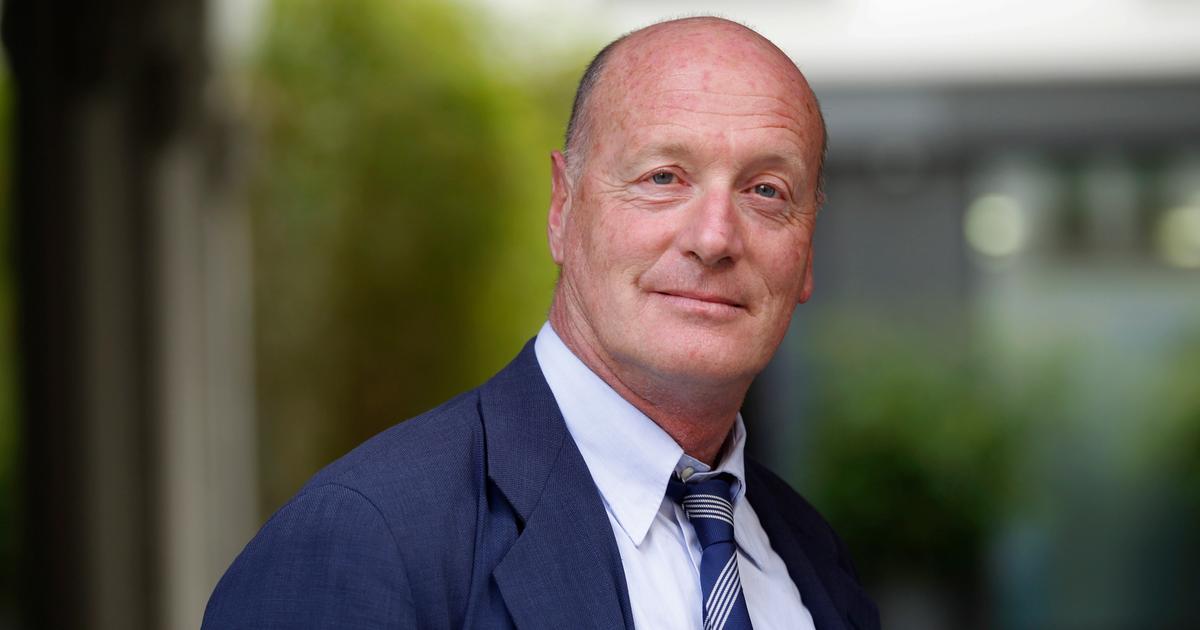George Blake, the famous British intelligence officer who worked as a double agent for the Soviet Union in one of the climaxes of the Cold War, has died in Russia at the age of 98.
Blake, who was discovered as a mole and convicted in 1961 in the United Kingdom, starred in a legendary escape from a British jail that humiliated the English intelligence services.
He managed to cross the Iron Curtain and reach Moscow, where the KGB awarded him the rank of colonel.
He was received and hailed as a hero to this day.
During his years as a double agent, Blake passed on strategically important secret Soviet officers that led to the capture and execution of various Soviet moles.
He was never considered a traitor.
Russian President Vladimir Putin, a former KGB officer, lamented this Saturday the death of the mythical double agent, whom he defined as a "brilliant" man of "special courage."
His work contributed to "guaranteeing strategic parity and maintaining peace on the planet," the Russian leader said in a telegram addressed to those close to him.
The son of a Sephardic Jew born in Constantinople and of British nationality and a Protestant Dutch woman, he was born George Behar in 1922 in Rotterdam.
During the Nazi occupation of the Netherlands he collaborated in the resistance and served as a post for two years, before emigrating to the United Kingdom.
There he changed his last name to Blake, joined the Royal Navy and trained to work on submarines.
He spoke Dutch, German, English, Arabic and Hebrew, and was drafted into the British intelligence service MI6 towards the end of World War II.
After the war he studied Russian at Cambridge.
In 1948, under diplomatic cover, he was sent to Seoul with the mission of setting up an espionage network on Communist forces, China, and the Soviet Far East.
In 1950, when the Korean War began, he was captured along with several British diplomats by North Korean communist forces.
He was held for three years.
During his captivity he was subjected to torture and communist indoctrination.
Some analysts later reflected on whether it was brainwashing that led to him becoming a double agent.
Although Blake always said that what led him to embrace communism was the action of the US military on Korea.
"I attended the relentless bombardments of small Korean villages by US aviation. Women, children, the elderly died;
the men were in the Army.
We ourselves could have been the victims.
That made me feel great shame, "he commented in 1999." I felt like I was on the wrong side. "
During that time he met with a KGB officer and agreed to become a mole.
He immediately began to reveal British secrets.
To avoid arousing suspicion, he was not granted any privileges and was released along with other captive diplomats in 1953. In the UK he was greeted as a national hero.
In 1955, MI6 sent him to Berlin to recruit Soviet officers as double agents.
There, British and American secrets began to be passed to the USSR, including the identities of some 400 spies and details of numerous Western missions.
In some of his interviews, he said that at least once a month and with extreme care, he would travel to East Berlin, where he would meet his Soviet contact in an apartment.
There, sharing a bottle of Soviet-made sparkling wine, he handed her information.
Some as valuable as the location and details of a strategic tunnel in Vienna and an even longer and more important one within Berlin, which Anglo-American espionage used, among other things, to intercept Soviet telephone conversations.
Such important data that the Soviets waited 11 months to dismantle the tunnel.
In 1961, information from a Polish intelligence defector exposed the double life of Blake, who by then was already married with three children.
He was tried behind closed doors and sentenced to 42 years in prison.
The investigation determined that he had been spying for Moscow for years under the code name DIOMID, there only his controller knew his real identity and that he was an officer of the British secret service.
Blake was sent to the Wormwood Scrubs prison, where despite the mandate to keep him under close supervision due to his contacts and his dangerousness, he starred in a novel escape in 1966.
Supported by some of his colleagues, among them several anti-nuclear activists who had spent a few months with him in prison and considered his sentence unjust, and with outside collaboration, the double agent scaled the prison walls with a rope ladder and secured with steps. made with knitting needles.
After spending a week in hiding, he hid under the seats at the back of the caravan of one of the activists, who thus took him on a mock family trip with his wife and children, crossing the English Channel and reaching a post from East German border control, where Blake's KGB controller, who had already arranged his transfer to Moscow, awaited them.
Already in the USSR, the notable agent was awarded the Lenin Order and was provided with a house and a dacha in the countryside.
He divorced his first wife, who is still living, remarried and had another child.
He assumed the identity of Georgi Ivanovich and began teaching other agents.
In the USSR he was frequently seen with other prominent British double agents.
Especially with Kim Philby — the spy who received orders from Stalin to kill Franco — and Donald MacLean, members of the so-called Cambridge Five group.
Also with Lona and Morris Cohen, the American spy couple who uncovered the Washington atomic program known as Manhattan.
Knowing about the lives and exploits of all of them, the writer John Le Carré commented that his autobiography
Without another option
was the best spy book he had read.
"Of all the double agents who worked for the KGB, without a doubt the most interesting and the great traitor was Blake," the writer, who died a few weeks ago, commented in an interview with this newspaper in 2009.
Blake, also decorated several times by Russian President Vladimir Putin, never saw himself like this.
"To betray you first have to belong," he said in an interview with a US network in 1991, in which he presented himself rather as a cosmopolitan who led to a committed communist who aspired to equality and social justice, and said that he never he had felt British: "I never belonged."

/cloudfront-eu-central-1.images.arcpublishing.com/prisa/CX2KGS2YAZHQZEEX37RHADW3JU.jpg)



/cloudfront-eu-central-1.images.arcpublishing.com/prisa/7XVFOH3HQVGSJPG46MOXGCR3KI.jpg)


